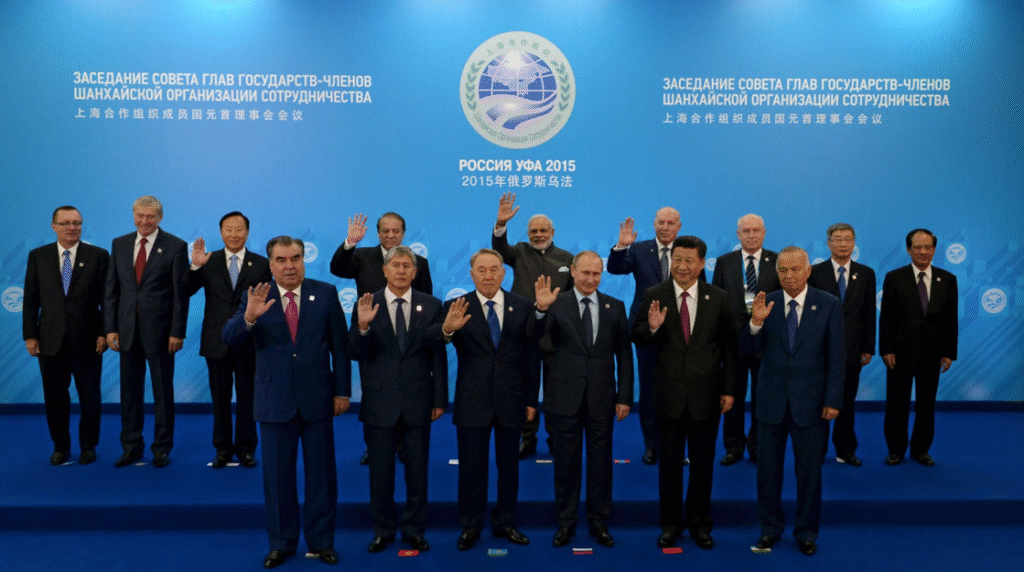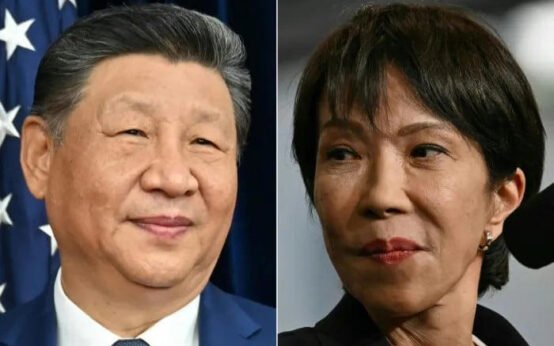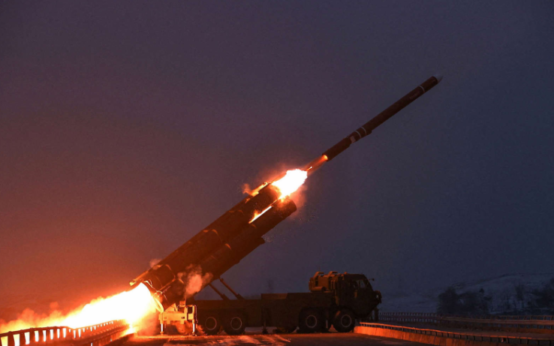China has opened its doors to one of the most important diplomatic gatherings in recent years. The Shanghai Cooperation Organization Summit in Tianjin began on August 31, 2025, and will continue until September 1. Leaders from over 20 countries, including Russia’s President Vladimir Putin, India’s Prime Minister Narendra Modi, Pakistan’s Prime Minister Shehbaz Sharif, and many Central Asian heads of state, are attending.
SCO Summit Aims to Challenge Western Dominance
One of the major themes of the Tianjin summit is the rise of non-Western alliances. China has openly criticized what it calls Western “hegemonism” and the pressure of U.S.-led alliances. Instead, it has invited countries from Asia, the Middle East, and even Africa to use the SCO as a platform for unity.

Chinese officials describe the summit as a place where countries of the Global South can find their voice. Unlike forums dominated by the West, such as NATO or the G7, the SCO offers an alternative that focuses on equality, non-interference, and respect for different systems of governance.
This message is especially appealing to countries that feel left out of global decision-making. By hosting the summit in Tianjin, China is sending a signal that it wants to lead in shaping a multipolar world order where power is not concentrated in just one part of the globe.
Revival of the Russia-India-China RIC Troika
Among the most anticipated developments is the possibility of reviving the RIC troika, a strategic partnership between Russia, India, and China. The idea dates back to the late 1990s but was overshadowed by tensions and changing alliances. Now, with shifting global politics, leaders are once again exploring ways to strengthen cooperation among the three largest powers in Eurasia.

If successful, this partnership could have major implications. Together, China, India, and Russia represent almost 40 percent of the world’s population and hold significant influence in energy, trade, and defense. However, internal challenges remain India and China have border disputes, while India has also deepened its ties with the United States in recent years.
Expanding SCO Beyond Security Concerns
When the SCO was first established in 2001, its main focus was on security cooperation, especially counterterrorism and border management. Over the years, the organization has expanded to include economic and cultural dimensions. This year, China has gone further by pushing for new institutions and initiatives.
Events such as the SCO Youth Campus, women’s forums, think tank meetings, and film festivals have been organized in the lead-up to the summit. China has also called for the creation of regional centers to fight cybercrime, terrorism, and organized crime. By doing so, it is trying to modernize the SCO and make it more relevant to today’s challenges.
These efforts also reflect China’s broader vision of building a community with a shared future a phrase often used by Chinese leaders to describe their approach to diplomacy.
Internal Challenges and Regional Rivalries
Despite the ambitious agenda, the SCO faces its share of difficulties. The organization brings together countries with deep rivalries such as India and Pakistan, or even India and China. These tensions make it difficult to reach concrete agreements.
Still, the SCO remains one of the few platforms where all these countries can meet under the same roof. Even if disagreements continue, the fact that dialogue is happening keeps the possibility of cooperation alive.


 China Bans Dual-Use Exports Including Rare Earths to Japan Over Taiwan Remarks
China Bans Dual-Use Exports Including Rare Earths to Japan Over Taiwan Remarks  China’s DeepSeek Upgrades Chatbot with Advanced ‘Interleaved Thinking’ Feature Amid Next Model Buzz
China’s DeepSeek Upgrades Chatbot with Advanced ‘Interleaved Thinking’ Feature Amid Next Model Buzz  North Korea Fires Ballistic Missiles Hours Before South Korean President’s China Visit
North Korea Fires Ballistic Missiles Hours Before South Korean President’s China Visit  MindRank Advances China’s First AI-Assisted Drug to Phase 3 Trials, Slashes R&D Costs by 60%
MindRank Advances China’s First AI-Assisted Drug to Phase 3 Trials, Slashes R&D Costs by 60%  China Enforces 50% Domestic Equipment Rule for Semiconductor Expansion
China Enforces 50% Domestic Equipment Rule for Semiconductor Expansion  Chinese Firms Anchor in Dubai Free Zones to Navigate Trade Barriers and Expand Reach
Chinese Firms Anchor in Dubai Free Zones to Navigate Trade Barriers and Expand Reach